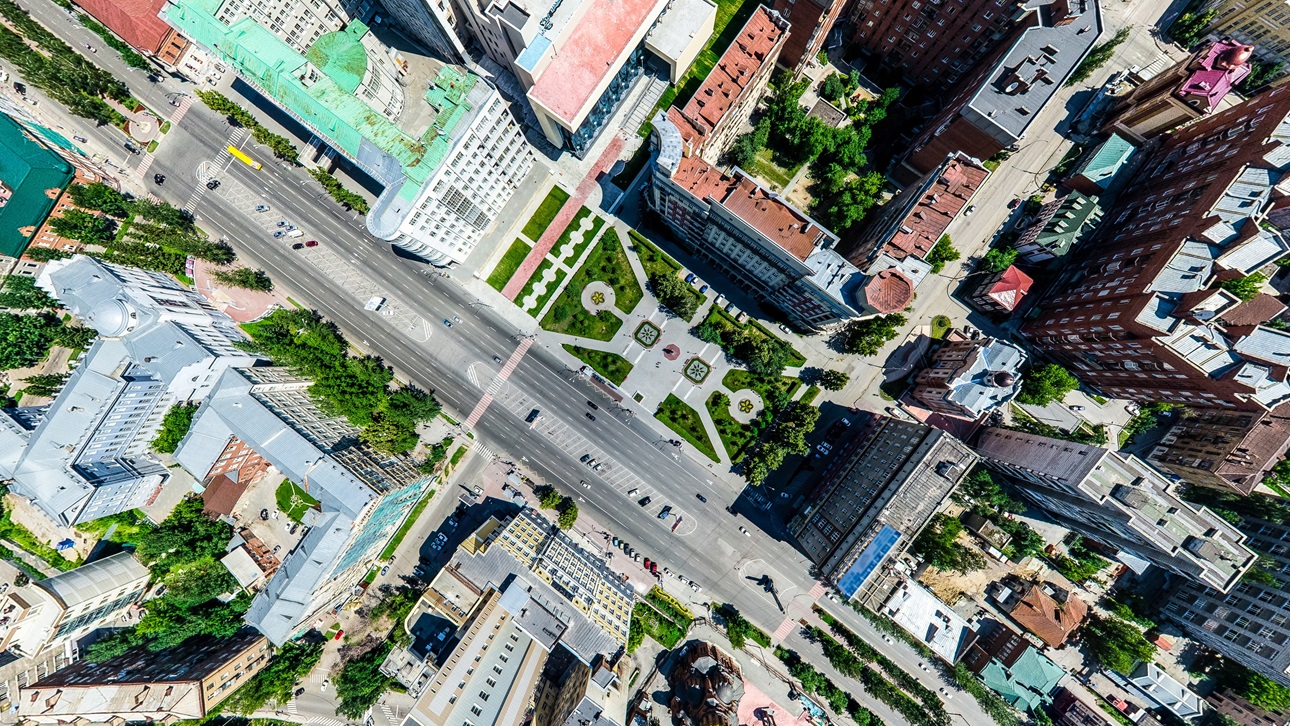- English
- 中文 (Chinese)
- Français (French)
- Deutsch (German)
- 日本語 (Japanese)
- Español (Spanish)
グリーンの状態:グリーンプリントパフォーマンスレポート、第12巻

不動産、経済、そして世界にとって1年の旋風、2020年には、COVID-19パンデミックがすべてを混乱させました—不動産市場、テナントの事業、投資家の戦略。この混乱はまた、環境、社会、ガバナンス(ESG)の目標に向けて前進する脅威をもたらしました。COVID対応に焦点が移ると、過去数年間に見られた勢いは失われるでしょうか。幸いなことに、答えはノーです。
グリーンの状態:グリーンプリントパフォーマンスレポート、第12巻正反対の報告:大手不動産会社は、炭素排出量の削減から健全な建物の改善まで、持続可能性の重要性を倍増させました。このグローバルな年次ベンチマークは次のことを示しています。
- COVID-19のパンデミックは、持続可能性指標への投資や進歩を遅らせることはありませんでした–実際、どちらも2020年に大幅に改善し、炭素排出量は過去最高の12%減少しました。
- Greenprintのメンバーが2020年に14,000を超えるESGプロジェクトを報告したように、世界をリードする不動産会社は、強力な財務的、社会的、環境的利益をもたらす投資戦略として持続可能性を優先しています。
- 不動産におけるESGの重要性は高まり続けており、ULIグリーンプリントに取り組む企業が増えています。’ s 2050年の目標までの純ゼロカーボンオペレーション。これまでに$570億を超える運用資産(AUM)をカバー
2020年には、集合的なグリーンプリントコミュニティ–30カ国で46社と12,000物件をカバー–報告:
- 炭素排出量:12.4%削減
- エネルギー使用量:12.5%削減
- 水の使用量:8.1%削減
- 埋め立てごみ:11.7%削減
これらの削減は、通常の年間削減である1〜3%よりも大幅に高くなっています。
不動産会社が構築環境の脱炭素化に向けて前進し続けている理由と方法について詳しくは、レポート全体をお読みください。
レポートの概要:不動産、経済、そして世界にとって1年の旋風、2020年には、COVID-19パンデミックがすべてを混乱させました—不動産市場、テナントの事業、投資家の戦略。この混乱はまた、環境、社会、ガバナンス(ESG)の目標に向けて前進する脅威をもたらしました。COVID対応に焦点が移ると、過去数年間に見られた勢いは失われるでしょうか。幸いなことに、答えはノーです。
グリーンの状態:グリーンプリントパフォーマンスレポート、第12巻正反対の報告:大手不動産会社は、炭素排出量の削減から健全な建物の改善まで、持続可能性の重要性を倍増させました。このグローバルな年次ベンチマークは次のことを示しています。
- COVID-19のパンデミックは、持続可能性指標への投資や進歩を遅らせることはありませんでした–実際、どちらも2020年に大幅に改善し、炭素排出量は過去最高の12%減少しました。
- Greenprintのメンバーが2020年に14,000を超えるESGプロジェクトを報告したように、世界をリードする不動産会社は、強力な財務的、社会的、環境的利益をもたらす投資戦略として持続可能性を優先しています。
- 不動産におけるESGの重要性は高まり続けており、ULIグリーンプリントに取り組む企業が増えています。’ s 2050年の目標までの純ゼロカーボンオペレーション。これまでに$570億を超える運用資産(AUM)をカバー
2020年には、集合的なグリーンプリントコミュニティ–30カ国で46社と12,000物件をカバー–報告:
- 炭素排出量:12.4%削減
- エネルギー使用量:12.5%削減
- 水の使用量:8.1%削減
- 埋め立てごみ:11.7%削減
これらの削減は、通常の年間削減である1〜3%よりも大幅に高くなっています。
不動産会社が構築環境の脱炭素化に向けて前進し続けている理由と方法について詳しくは、レポート全体をお読みください。


